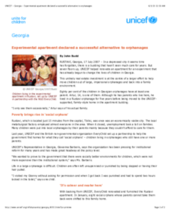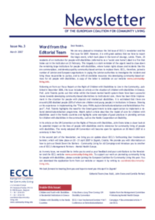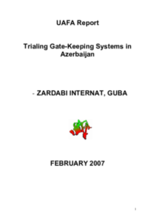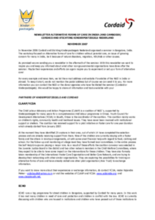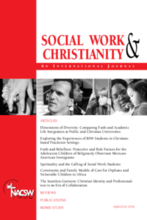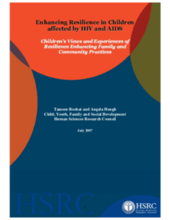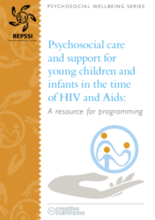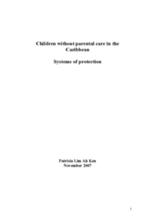Displaying 231 - 240 of 312
In Georgia, UNICEF and EveryChild have teamed up to place children in need of alternative care in small, supervised apartments as an alternative to orphanages.
Examines practice of using institutional care for children in poverty and recommends alternative responses to maintain families.
The third newsletter of the European Coalition for Community Living. Articles focus on good practices in providing care for children with disabilities.
Documents implementation of Azerbaijan's national de-institutionalisation and alternative care programming
This newsletter is from a seminar on alternative care held in Bangalore, India, in November 2006. Designed to spread information on what organizations have accomplished in the year following the seminar, the newsletter includes specific information on progress and methods, as well as contact information for each organization listed.
Unites scripture and evidence to help guide North American Christians in responding the needs of children affected by HIV/AIDS. Identifies the shortcomings of institutional care and outlines specific and better alternatives available for supporting children in Africa. Highlights related resources for follow-up.
A qualitative research study in the province of KwaZulu-Natal in South Africa to explore children’s experiences of family and community practices that children perceive to enhance their resilience
Clear programme guidance on psychosocial support, with a special focus on infants and young children. Excellent explanation of psychosocial support models.
A regional assessment of responses to children outside parental care in the Caribbean. Extensive research on successful examples of alternative care. Includes recommendations and lessons learned.
A study of endogenous community-based responses to the needs of children affected by HIV and AIDS, and how these might be supported in KwaZulu-Natal.

